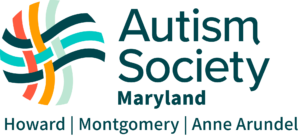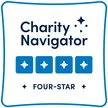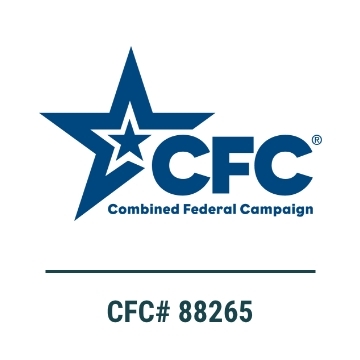By Jules Csillag
For many children with learning disabilities and differences or attentional difficulties like ADHD, such tools cannot provide an accurate assessment of students’ true learning when children with disabilities are subject to the same testing conditions as their typically developing peers. These kids may need one or more types of testing accommodations so they may demonstrate their achievement.
Eligibility for Testing Accommodations
One means of determining eligibility for testing accommodations is through a psycho-educational or neuro-psychological evaluation, which may be provided by a child’s school or arranged through a private provider. Such evaluations use a variety of tools — like puzzles, math games, and spoken and written work — to identify different learning difficulties and help diagnose a disability that is interfering with a child’s educational achievement. Often, such a determination lays the groundwork for an Individualized Education Plan (IEP), and testing accommodations will frequently be among the resulting recommendations.
A child who has learning difficulties but does not qualify for an IEP — such as is the case for many students with ADHD or visual or hearing impairments — may still require educational supports like testing accommodations. For these students, 504 plans are the mechanism for ensuring that children receive the learning services they need to achieve academically. Eligibility is determined through an evaluation conducted by a licensed school psychologist or by an independent psychiatrist.
Many experts recommend including students in discussions about the types of supports they may need. While it sounds obvious, kids are usually acutely aware of their academic struggles, and bringing them into the conversation early is key to tailoring support services appropriately.
Read more. Noodle. Jul 30, 2015



























